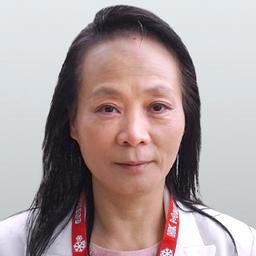President Joe Biden’s climate envoy John Kerry went to China twice in the last six months but failed to get Beijing to cooperate on climate issues.
In their meeting on Sept. 1, Chinese Foreign Minister Wang Yi told Kerry, “China-U.S. climate co-operation cannot be separated from the wider environment of China-U.S. relations.”





